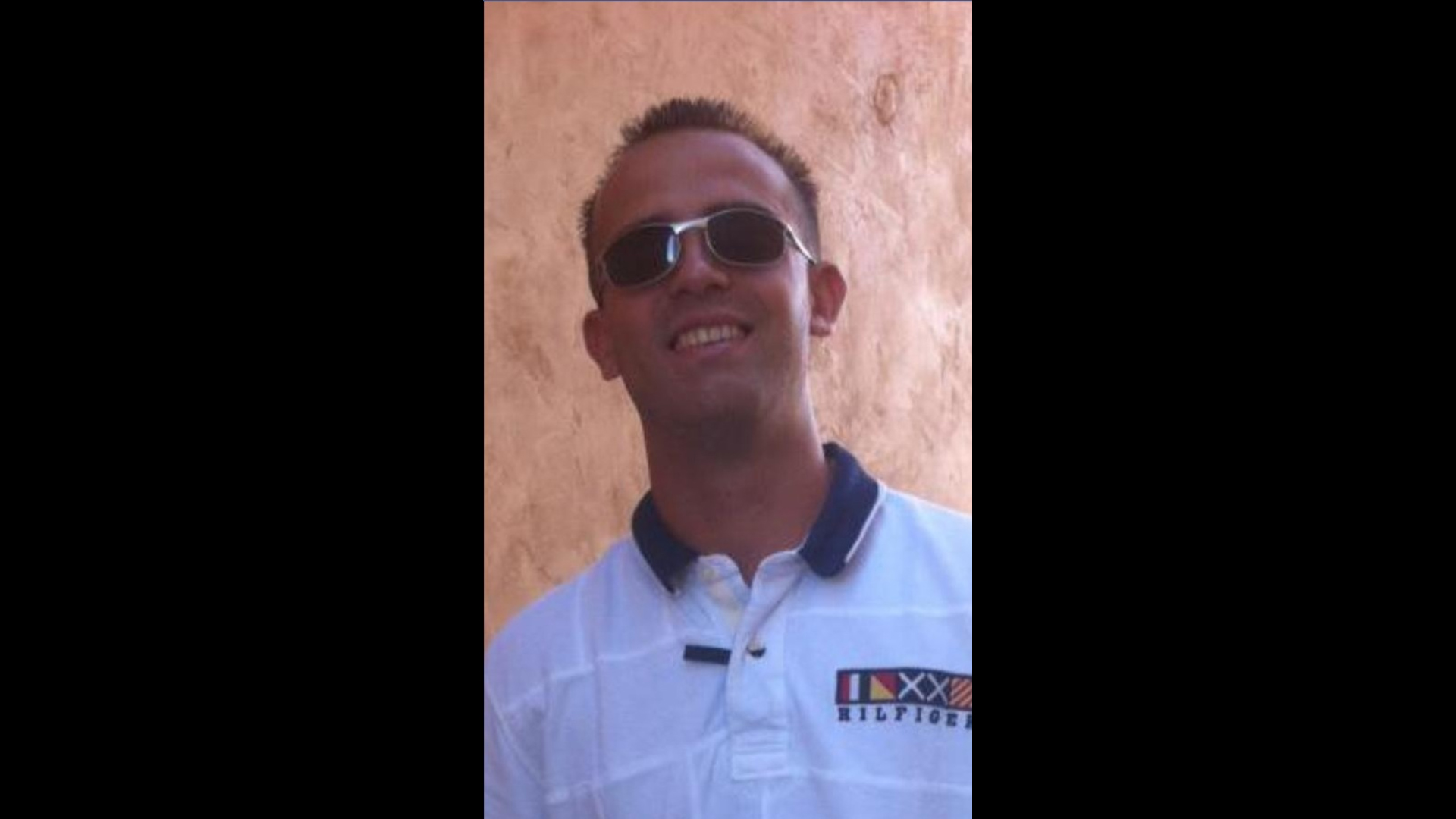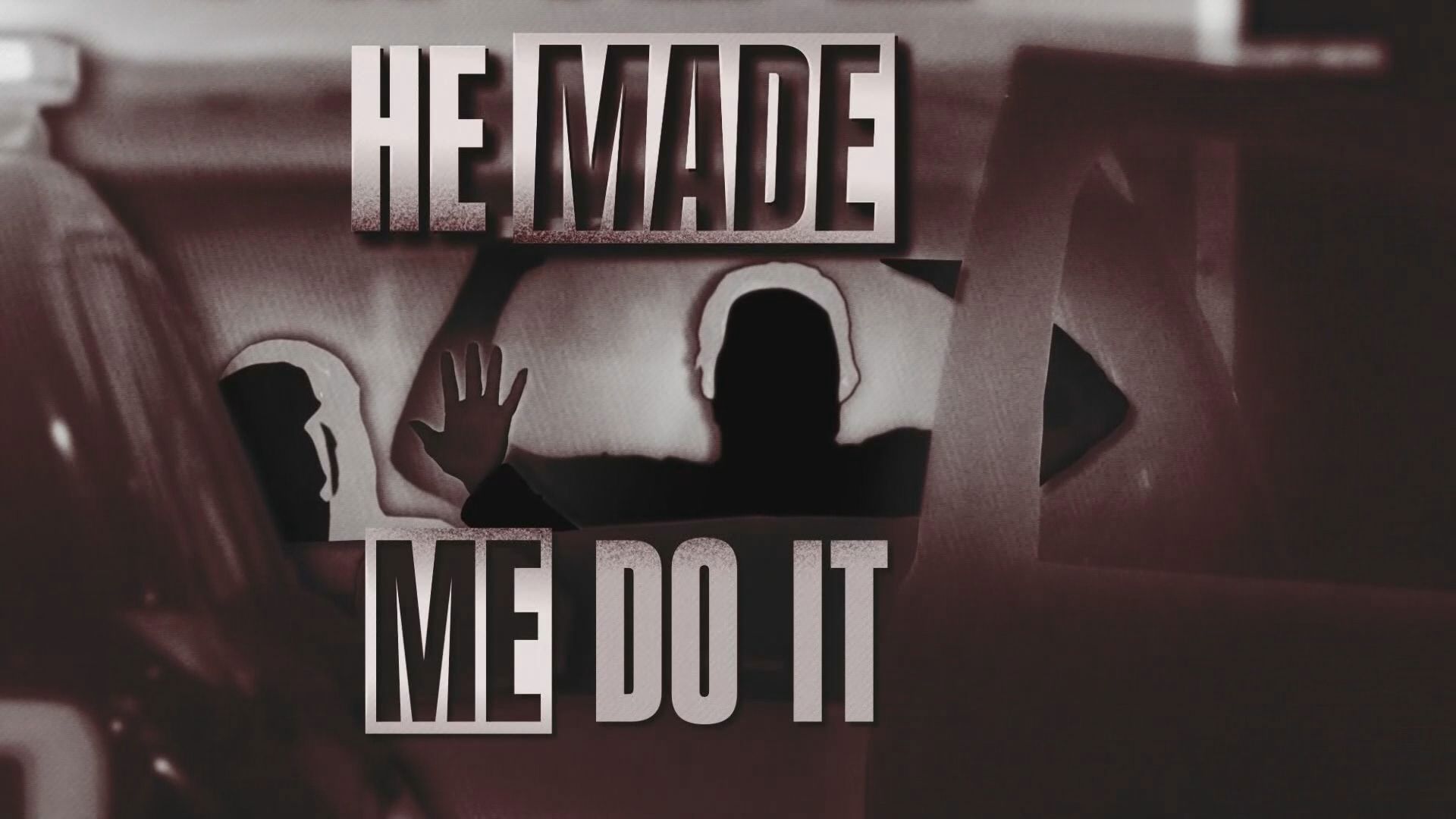SACRAMENTO - When Joanna Jurgens' son told her he'd been badly beaten by police officers, she wasn't sure what to believe. Her son Jeffrey has schizoaffective disorder, a condition that can cause delusions and symptoms associated with mood disorders. He sometimes ends up on the streets.
"He told me he took a car and he ran from the police," Jurgens said. "I questioned it. I've dealt with a lot of delusions and a lot of things so I doubted what he was telling me."
Jeffrey suffered a broken arm and a head injury after being struck over 20 times with batons and knee strikes by California Highway Patrol officers during his 2012 arrest. He led them on a short pursuit after officers encountered him driving erratically in downtown Sacramento. Jurgens said she assumed Jeffrey had done something to provoke the use of force.
"My first response was, 'what did you do?'" Jurgens said. "'They would not do this to you if you did what they told you to do.'"
Then she heard about the existence of video recorded from the dashboard camera of a CHP cruiser. She said Jeffrey's criminal proceedings kept getting pushed back, until she finally heard from an employee of the Sacramento District Attorney's Office.
"She paused and said, 'I can't really say too much, but I'm going to tell you what your son has been telling you is the truth and you need to look into this,'" Jurgens said.
The district attorney ultimately dismissed all charges against Jeffrey "in the interest of justice", despite video evidence of the pursuit and a small amount of drugs they found on him during his arrest. The Jurgens hired attorneys Beau D. Weiner and Lilka B. Martinez.
"It was horrifying," Martinez said. "I had to watch the video several times to really grasp the level of violence used on Jeffrey."
One of the key points in the lawsuit they ultimately filed against the CHP is that Jeffrey immediately surrendered after running into a dead end during the pursuit. The dash-cam video shows both of Jurgens' hands sticking out of the driver's side window when he stops the car.
"In my opinion, it's clear," Weiner said. "He stops the car, he opens the door, and he puts his hands up. It's a clear sign of submission and surrender."
What the video shows next is a group of officers converging on Jeffrey, striking him with batons and other blows as they pull him out of the car. After the blows stop, several of the officers exchange high-fives.
The Jurgens and their attorneys say the use of force was unreasonable and excessive.
"Take a homeless person who's mentally ill and you beat them down like this, kneeing them in the head, it's not going to make their condition any better," Weiner said. "It's a tragedy. It's a tragedy what happened here."
Citing the pending litigation and strict protections of law enforcement personnel files, the CHP said they're limited about what they can discuss. They did agree to provide a statement, but would not allow any follow-up questions from News10.
"The CHP wants to reassure the public that use of force incidents or allegations of misconduct are taken very seriously," CHP Officer Julie Powell said. "The CHP immediately conducted an internal investigation after this incident in 2012, and upon its conclusion, appropriate action was taken."
The CHP didn't say what, if any, specific action was taken against the officers. News10 requested records on the employment status and salaries of the officers, and learned all five are still employed by the CHP. They also all make more money than they did in 2012.
Jurgens said that doesn't sound like justice to her.
"CHP has seen this video, so that tells me they must condone this behavior," she said. "So there's a serious problem there. There's a serious problem and it's not just with mentally ill people. It could be you or me that gets pulled over and that happens to."
Martinez said the public bestows a lot of power and authority on law enforcement, because they need it to do their job. With that authority, however, comes a great deal of responsibility. She said incidents like this damage the relationship between officers and the public.
"We need to trust our law enforcement officers and I think the way they can achieve that is by doing their job and not crossing those lines," Martinez said.
To this day, Jurgens hasn't watched the video of her son's arrest. Her husband watched it and confirmed what others told her about the video was true. Jurgens has gone through a lot of ups and downs dealing with Jeffrey's illness, but she still gets emotional discussing the incident.
"I don't think there's very many parents that could sit and watch their child be beat," Jurgens said. "I'm certainly not one of them."
The Jurgens and their attorneys are now putting their trust in a jury to determine if the officers involved used excessive and unreasonable force. Although Jeffrey may not fully comprehend what happened to him or understand the process they're now going through, the people in Jeffrey's corner feel it's important to advocate on his behalf.
"If there's not any other type of agency or social support network to take care of our homeless and mentally ill, that burden must fall on law enforcement," Weiner said. "And law enforcement's ability to connect with that population depends on trust, building trust with these people. Acts like this betray that trust and they make it difficult for good officers on the street to gain that trust back."


